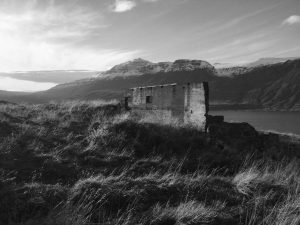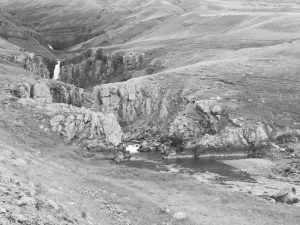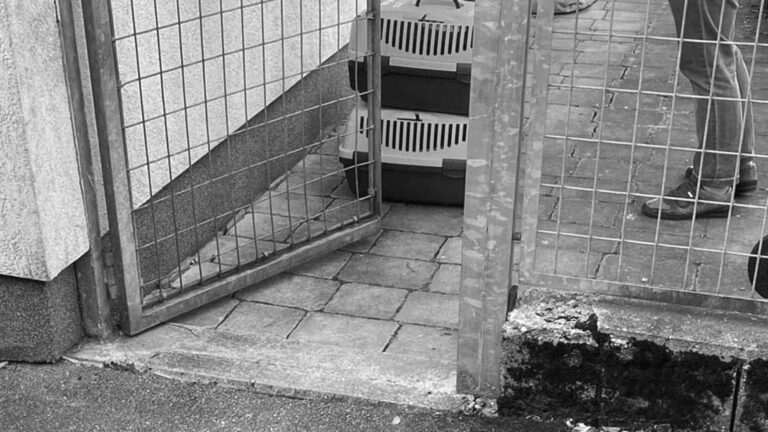The Me Too campaign is going back into the past with a call to pardon a woman executed for incest after being raped by her father nearly 300 years ago.
Halldora Jonsdottir from the town of Seydisfjordur in Iceland’s Eastern Region was just 29 when she was executed by drowning for the crime of incest. She was also convicted of infanticide after he stole her baby that was born as a result of the rape and murdered it while she was sleeping.

Officials regarded it as irrelevant that she had been raped because they said she should have denounced him, something which would have been difficult as they lived in a remote cottage.
The campaign to have her name cleared has been launched by Kristin Amalia Atladottir, the director of a local arts centre, who has been researching her story and who has asked the government to officially pardon her.
Ms Atladottir, who is also a crofter, told Central European News (CEN): “I want to lift her name out of oblivion and make her a symbol for all the women who were killed in this way.
“It’s an indirect way to extend the #metoo revolution back in time, to the women who suffered abuse in countless ways and didn’t live to see change coming.”
Jonsdottir, born in the year 1700, lost her mother young and lived with her father and younger siblings in isolation on a remote farm, the ruins of which are still visible.

Ms Atladottir added: “In 1724, there are records that indicate she gave birth to a child and when the case is examined closer it comes to light a child born there was later found buried under the floor. Halldora and her father, Jon Eyjolfsson, were arrested.
“Jon admits in the first interrogation that he had raped his daughter and then took the child without her knowing and buried it under the floor.
“So, as a matter of fact, she was completely innocent of the crimes they were together later convicted of.”
Eyjolfsson was beheaded and his daughter was also sentenced to death. The king could have reduced her sentence but approved the execution because she had not reported her father.
Ms Atladottir said Jonsdottir was taken to the nearby Bessastadaa River where she was drowned on 17th August 1729.
She was one of 48 Icelandic women known to have been drowned for incest or ‘dulsmal’ – the crime of hiding a birth and allowing the baby to die.

Ms Atladottir explained: “The women were led down to the riverbank, where a sack or some sort of bag was put over their heads and then tied around the waist, with the hands naturally on the inside.
“Then some individual goes out into the river and pulls on the rope, dragging them into deep water. Then someone on the bank holds her down with a boat hook or something similar until it’s all over.”
Jonsdottir’s remains have never been identified. Human bones were discovered by the river in 1989 but their origin has never been confirmed.
Ms Atladottir has written to Iceland’s President Guoni Johannesson and Prime Minister Katrin Jakobsdottir requesting a pardon. The case is now with the Justice Minister, Sigriour Andersen.
To find out more about the author, editor or agency that supplied this story – please click below.
Story By: Bartosz Staszewski, Sub-Editor: Michael Leidig, Agency: Central European News




